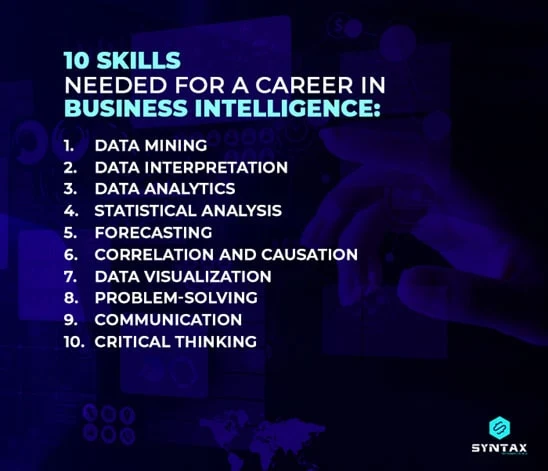Artificial Intelligence is going beyond virtual assistants and chatbots. Now the focus of AI is to build conversation intelligence possible. It will improve human-machine interactions.
If this is the first time you understand conversation intelligence, you will be surprised that AI has worked in this field for many years.
In 2016 Facebook introduced Messenger, which accepts commands using Alexa and Siri.
With the launch of Church GPT, we have seen how people, businesses, and trends are looking at artificial Intelligence and its human conversation capabilities.
When the world is running after generating AI, it is a good time to talk about the growth of chat-based applications and how conversation intelligence will be possible.
Google and Bing AI are looking for ways to make conversational Intelligence possible in the coming years.
So let’s dig into everything about conversational Intelligence.
Conversational Intelligence what it is?
 |
| Conversation Intelligence, What is it, Understand Conversation AI, Conversational Intelligence, and Conversational Search,: eAskme |
Conversation intelligence or conversational Intelligence is the skill of communicating confidently to achieve successful service or positive results.
It is like an AI machine talking to another, a human who is an expert in the industry, niche, or topic.
Building rapport and improving listening, expression, empathy, and adaptability are necessary to improve conversation intelligence.
To make it possible, AI needs a lot of understanding of human interactions and language.
Conversation AI, Conversational Intelligence, and Conversational Search:
Conversation AI makes human-like interaction between machines and people in real-time. It works on Large Language Models, NLP, and Deep Learning.
Conversational AI understands human inputs and outputs and contextual awareness.
Conversational Intelligence:
Conversational Intelligence uses data and AI integrations to improve human interactions. It detects patterns and trends in chat to understand human interactions.
Conversational Intelligence uses natural language processing.
Conversational search:
Conversational search using natural language on your website for chatbot queries and voice search. It is helpful to improve your website tone conversationally.
Conversational search is using site optimization techniques to improve your website content.
Artificial Intelligence gave birth to voice search and chatbots.
You can see the change in SEO, search engines and conversational Intelligence.
Conversational AI and Generative AI:
Conversation AI understands human interactions and language to chat like a human. But generative AI uses auto-content.
Conversational AI is improving to become a human conversation with natural language, But Generative AI uses data sets to generate the results.
Conversational AI only focuses on human-based interactions, but Generative AI helps create a different type of content.
Conversation AI focus on language comprehension but Generative AI focus on pattern analysis.
Conversational AI is useful in personal assistant, customer service, and language translation. Generative AI is helpful in automated content creation and research.
Conversation Intelligence for Conversational SEO:
Conversational SEO will help websites to use chatbots and voice search to attract users with human-like conversations.
You will conversationally improve your website content with Conversational Intelligence tools.
Conversational SEO will focus on SEO and human-based queries.
Chatbots like Bing Chat or ChatGPT can help you generate content according to your target audience.
Conversational content will offer:
- Relevant information.
- Explain process.
- Easy navigation.
Content intelligence and Conversational Intelligence work together to create optimized content that is easy for users and search engines to digest.
Conversational Intelligence or Generative AI:
The new search experience uses both conversational and Generative AI elements. It is time to understand and work for conversational user intent.
You should focus on the following:
Customers:
Understand customers using conversation SEO. Understand the languages, queries, and questions.
User-Experience:
Create an immersive user experience to make it easy for conversational AI to find request answers on your website.
Content Personalization:
Conversational AI can help to offer personalized content experiences to your audience.
Optimize Conversational Keywords:
Optimize content according to customers’ natural language queries and questions.
Schema and Semantics:
Use conversational Intelligence to optimize Schema and Semantics.
Refine and Test:
Test to refine your content with conversational SEO strategies.
Get Voice Search:
Make your content ready for voice search.
Conclusion:
Conversational Intelligence is the foundation of virtual assistants and chatbots. It is the need for human based-interactions for a machine.
With conversational Intelligence, you can optimize your content, SEO, user experience, topic and keyword research, etc.
It will improve the overall experience of your target user.
Still have any question, do share via comments.
Share this post with your friends and family.
Don't forget to like us FB and join the eAskme newsletter to stay tuned with us.
Other handpicked guides for you;

.jpg)














